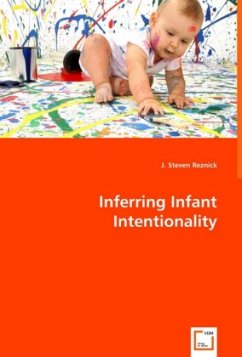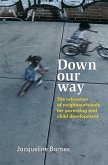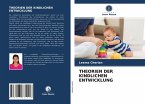Our social relations are strongly influenced by our inferences about whether or not behavior is intentional, and inferences about intentionality affect our evaluation of the behavior of others and how we respond to those behaviors. This book focuses on a specific aspect of this phenomenon: the willingness of parents to infer that infants behave intentionally. The core data are from a longitudinal study of 160 infants and mothers tested at 9-, 12-, and 24-months, with additional findings from a second study of 200 infants. Following a general introduction to the topic of intentionality, two tools for assessing an observer?s tendency to infer that an infant?s behavior is intentional (the Infant Intentionality Tape and the Infant Intentionality Questionnaire) are described in detail. The primary findings are essentially about culture. Latino mothers tend to see infants as less intentional. Mothers of low SES or of color are more willing to see infants as intentional in a negative light (i.e., deliberately difficult or disruptive). Variables such as mother?s age, education, vocabulary score, and mental health influence the tendency to infer infant intentionality. The parent?s willingness to infer intentionality has no relation to the child?s later behavior, but there is a clear relation between infant intentionality at 9 months and language outcomes at 24 months.
Bitte wählen Sie Ihr Anliegen aus.
Rechnungen
Retourenschein anfordern
Bestellstatus
Storno








